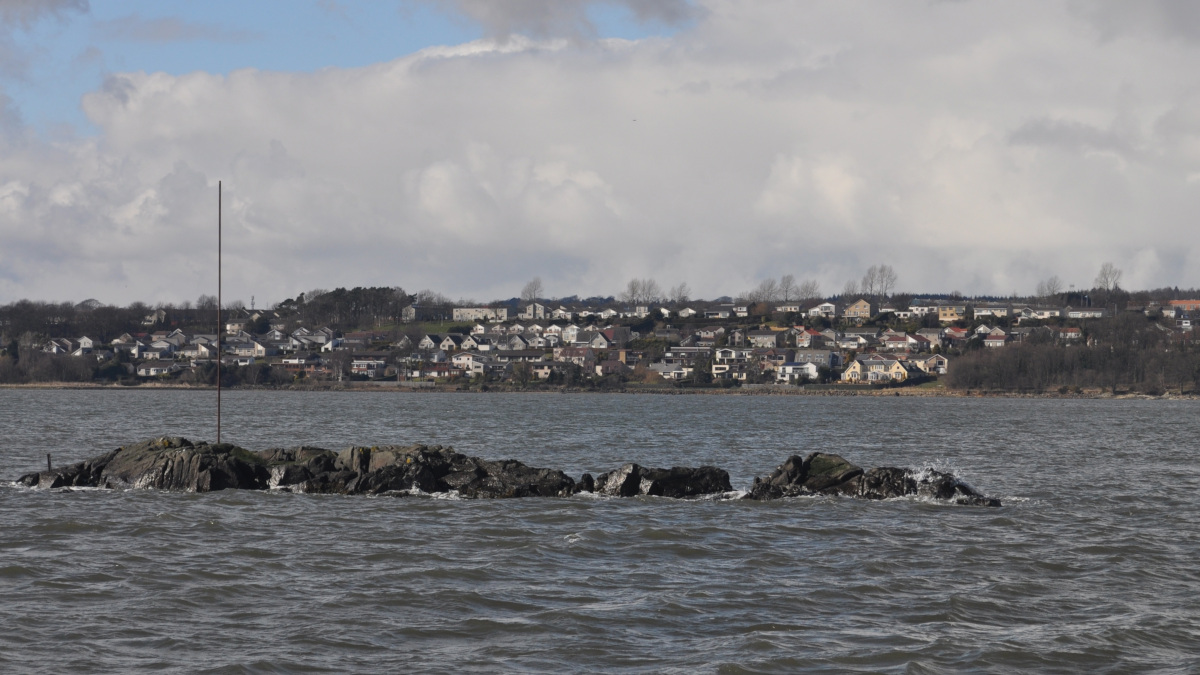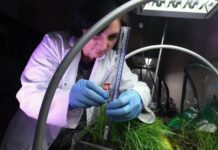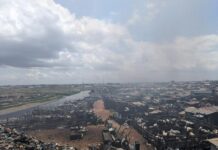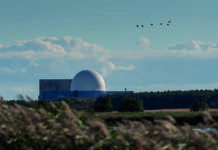
Remediation will involve excavating areas of the foreshore, replacing rock armour around the headland and installing a new slipway for the local Sailing Club – stopping erosion and preventing public access to any remaining contamination
Remediation of Dalgety Bay’s environmental legacy began on Monday 17 May with work to remove radioactive contamination from the foreshore. The restoration is intended to provide a permanent and positive resolution for the community, said the Scottish Environmental Protection Agency (SEPA) in May.
On 14 May SEPA issued the final permit required for work to commence (an EASR 18 permit) by Ministry of Defence contractors. The application was received on 15 March 2021 with the final details received in May. SEPA said its specialist officers had carefully assessed the monitoring technique being used to remediate the site and responsibly manage the waste, and that they would be present on site every day to ensure permit conditions are fully complied with and that public health is protected during the operation.
Radioactive material was first detected on Dalgety Bay foreshore in 1990. SEPA established that the contamination originated from the residue of radium-coated instrument panels of military aircraft that were burned and buried at the end of World War II. Investigation works carried out by SEPA identified several caches of particles – with the largest contained within the headland.
An MoD contractor with heavy excavating and moving equipment was expected to arrive on site in May. The remediation work was planned to include replacing rock armour around the headland and installing a new slipway for the Dalgety Bay Sailing Club. This will ensure that higher activity sources are no longer being eroded out and washed onto the beach and will prevent public access to the remaining contamination.
During the remediation work areas of the foreshore will be excavated and processed to remove asbestos and radiological contamination. Public access along the foreshore has been restricted since 2011. Fencing will screen the working areas and transit routes from the excavation areas. The works will be ongoing until October 2021 and recommence in April 2022. The break is to ensure protection for wintering birds.
Once remediation has been completed and verified by SEPA it is expected that all the current restrictions will be lifted and the public will be able to enjoy unrestricted access for the first time since 2011.
Dr Paul Dale, Radioactive Substances Manager at SEPA, said:
“Communities around Dalgety Bay have, for many years, lived with the environmental legacy of second world war radium contamination on the shore. SEPA has been clear in our requirements that remediation will be done once, and it will be done right – providing a permanent and positive resolution.
“Whilst restricting beach access, monitoring and retrieving particles stipulated by SEPA has ensured the public has been protected, this work will deal with the situation once and for all. The journey towards successful remediation without the requirement to designate the foreshore as Radioactive Contaminated Land has only been possible because SEPA, Fife Council and the MoD have continued to work constructively together with a range of partner organisations, scientific experts and, most importantly, the local community. This is indeed an important milestone for Dalgety Bay and for Scotland’s stunning environment.”
Following successful implementation of the works SEPA will adopt a programme of monitoring of the area to demonstrate the continuing effectiveness of the remediation and give the necessary public reassurances in perpetuity.







